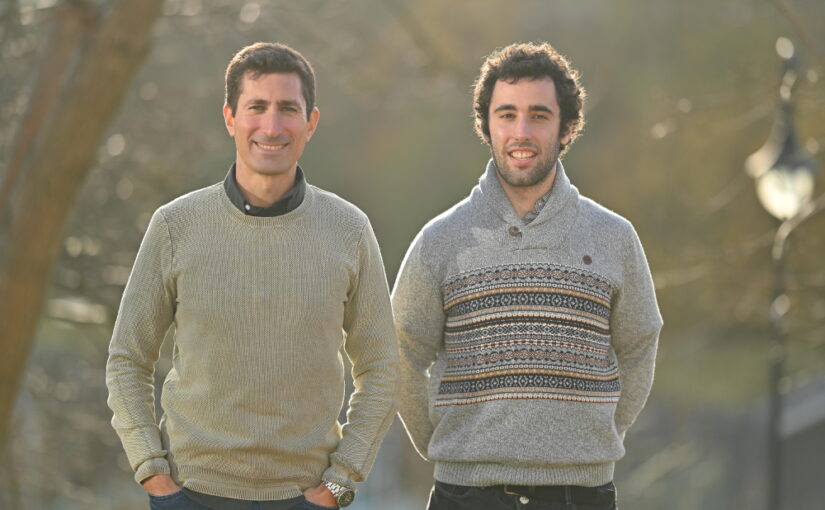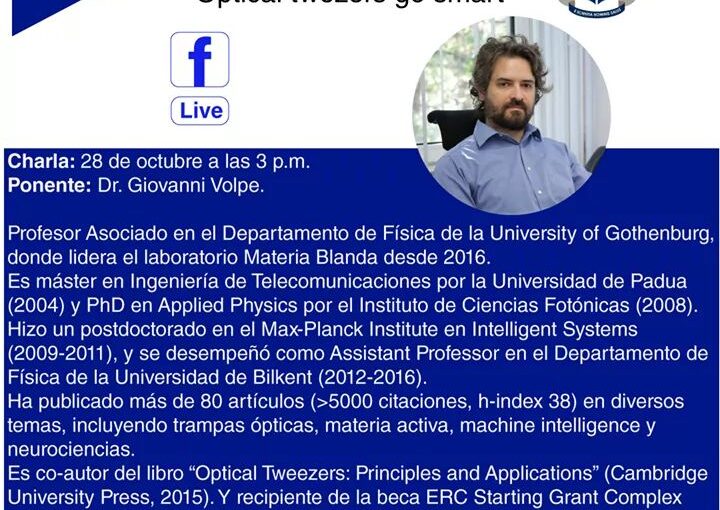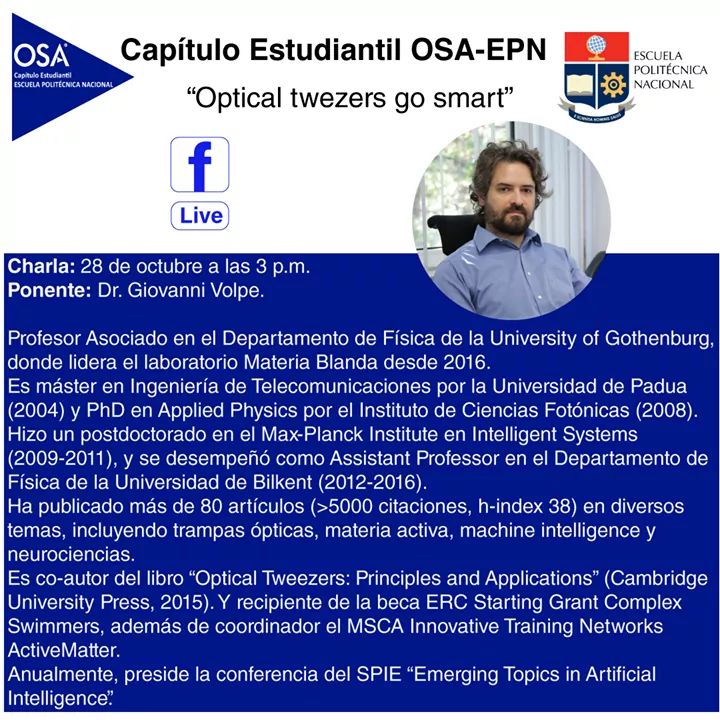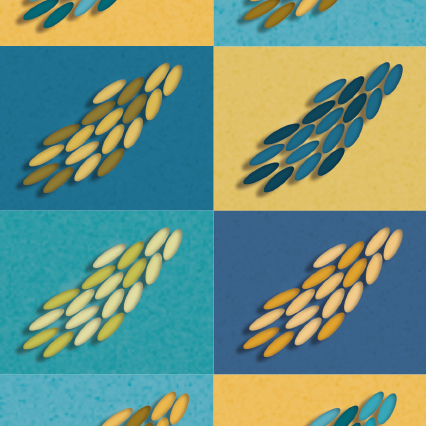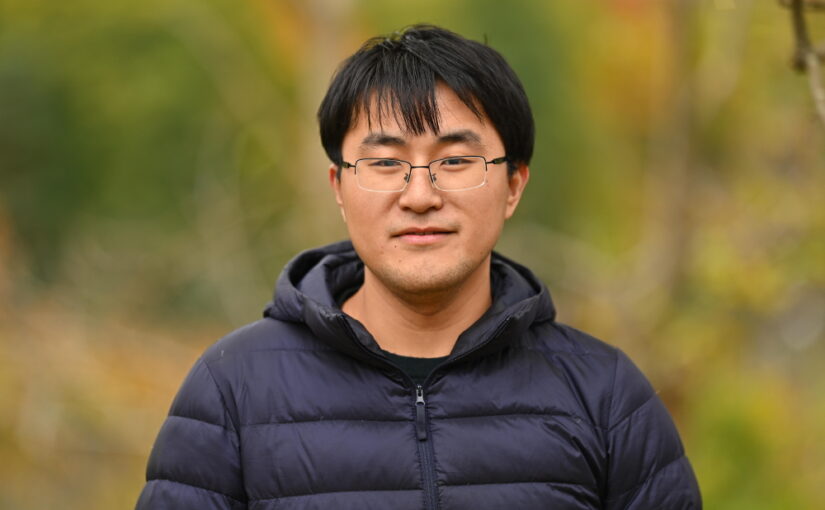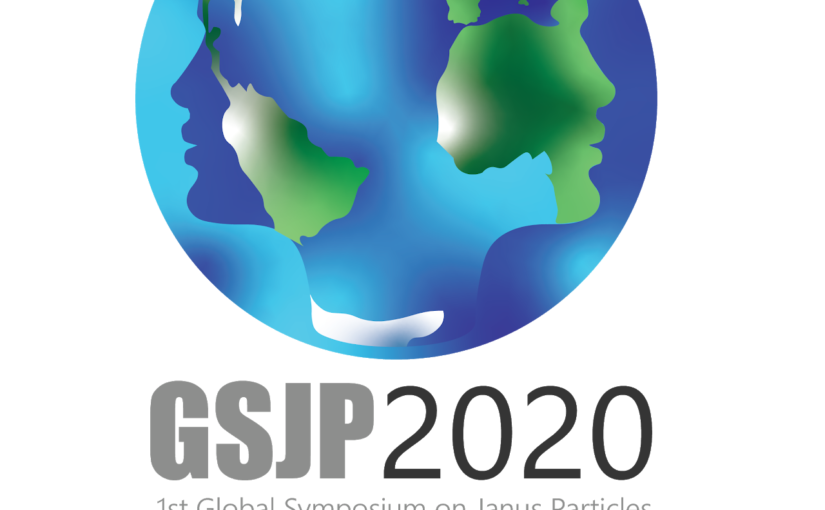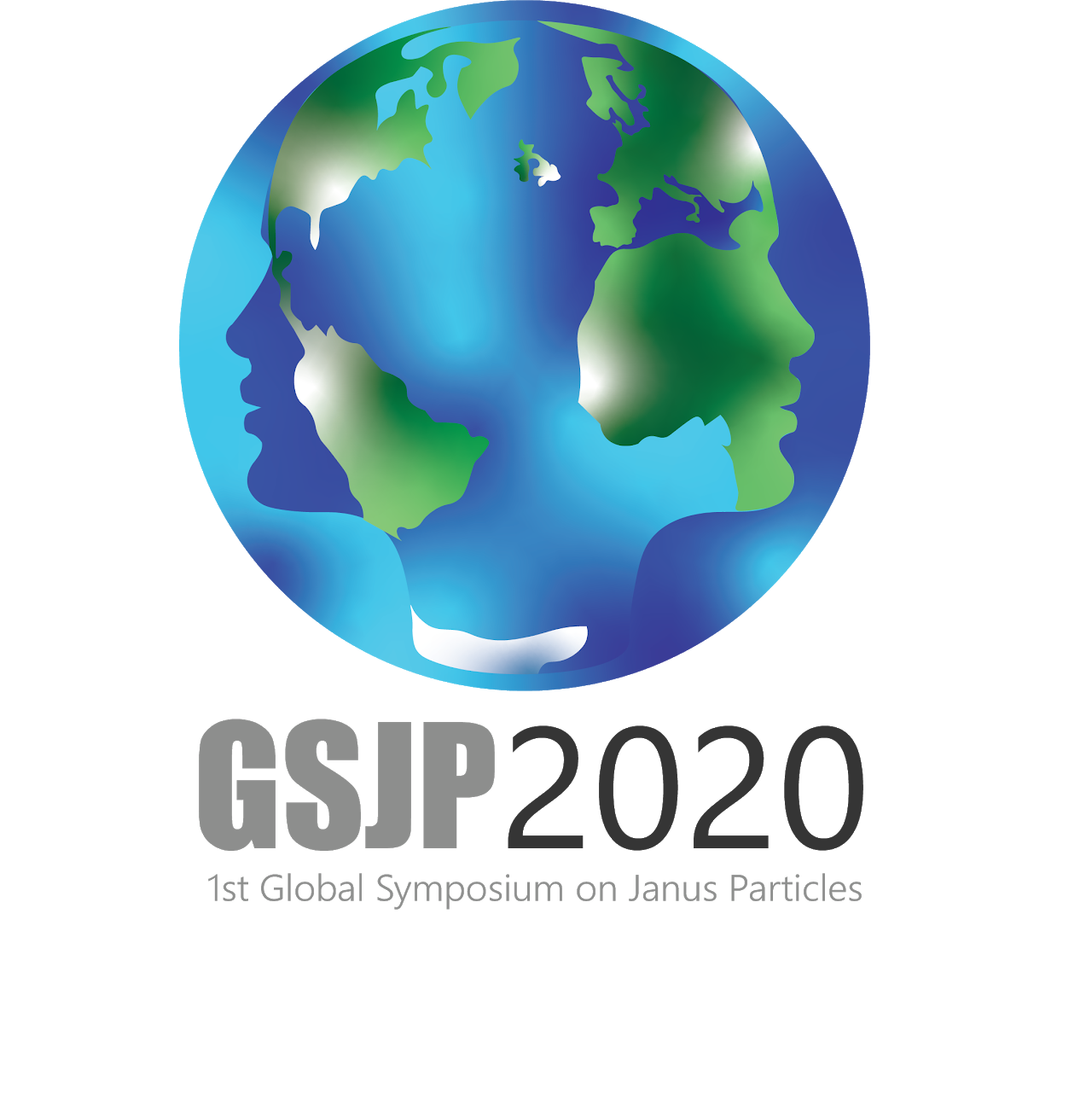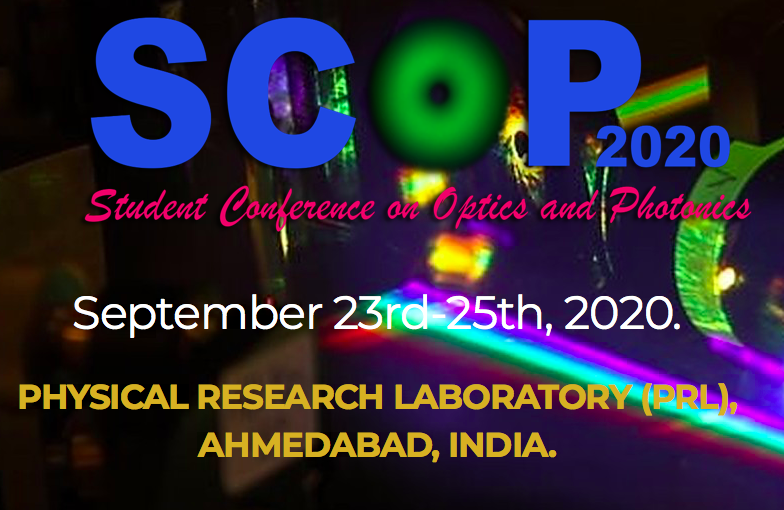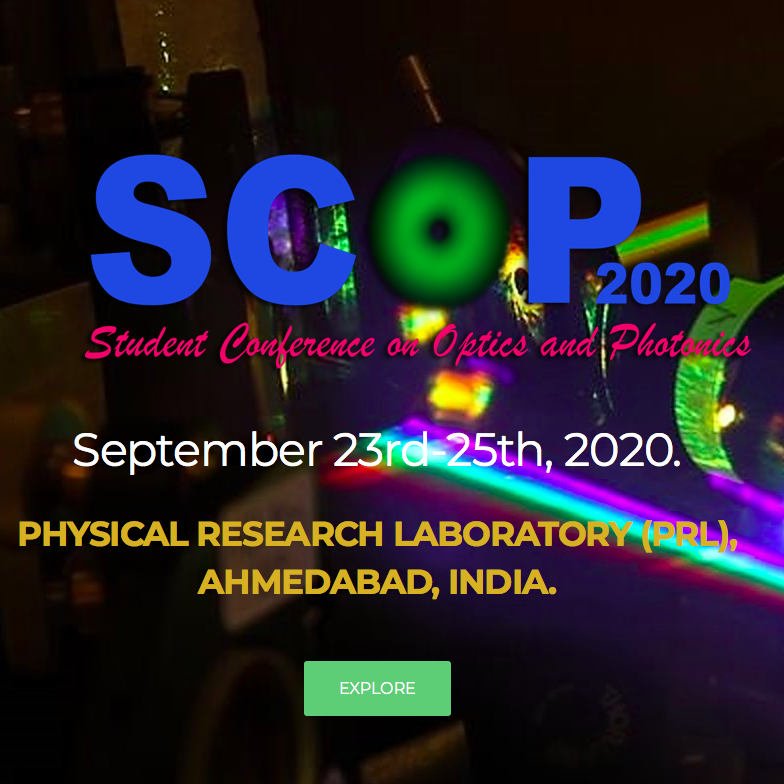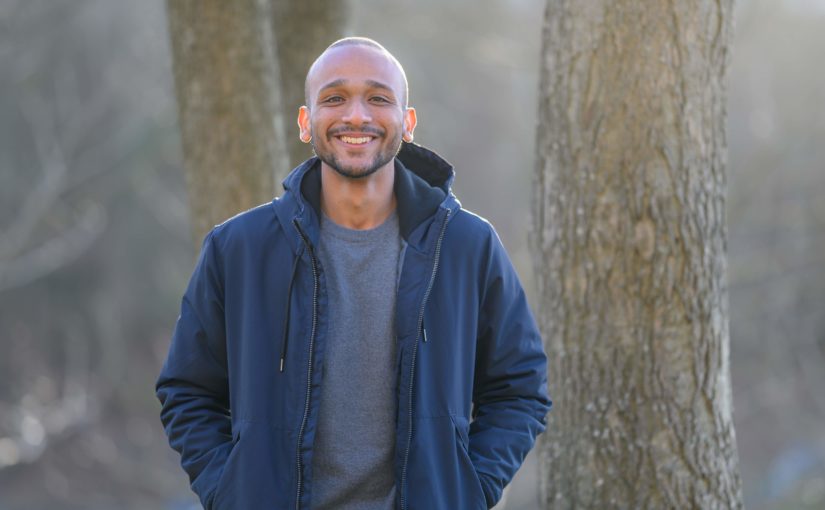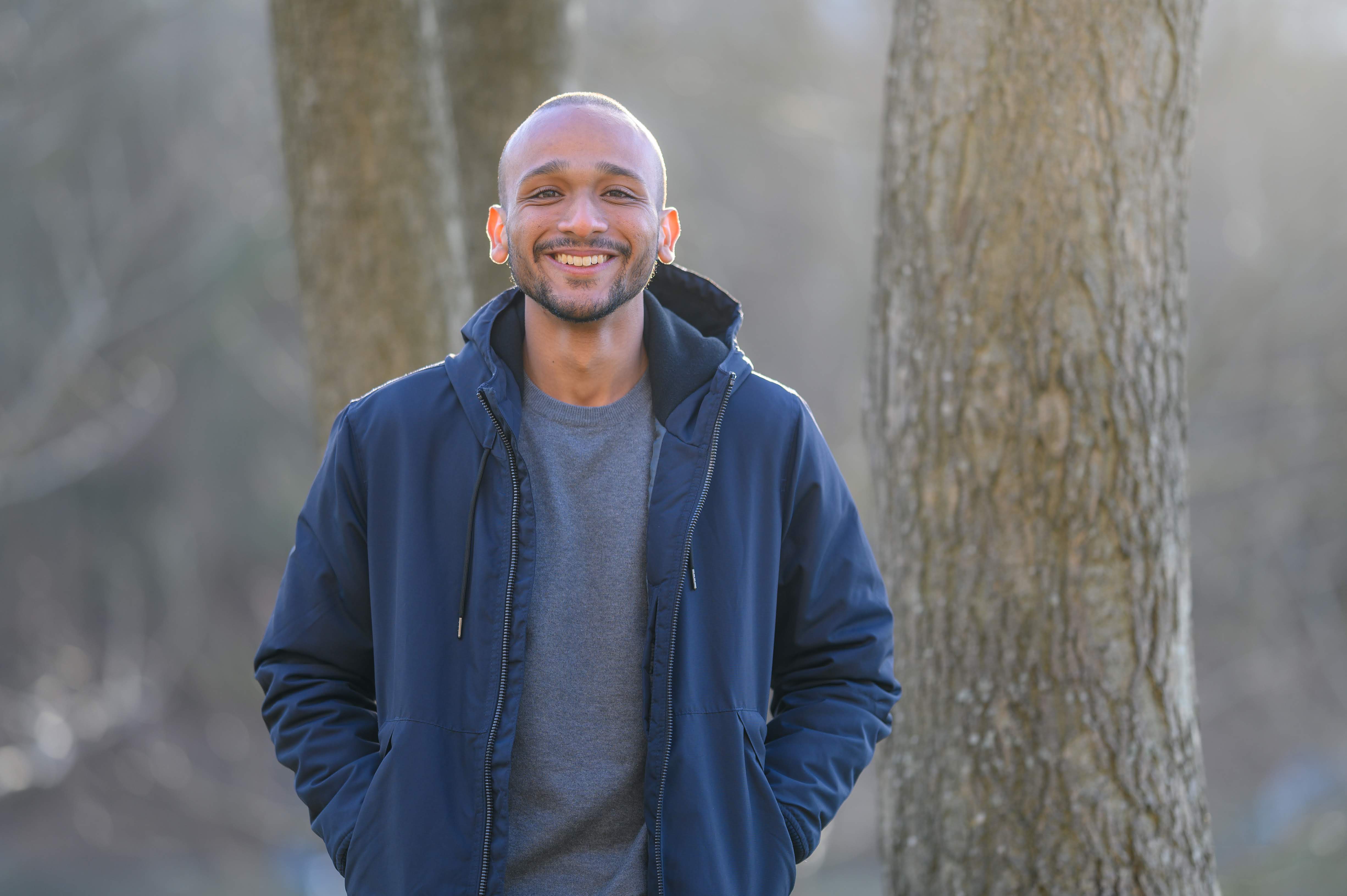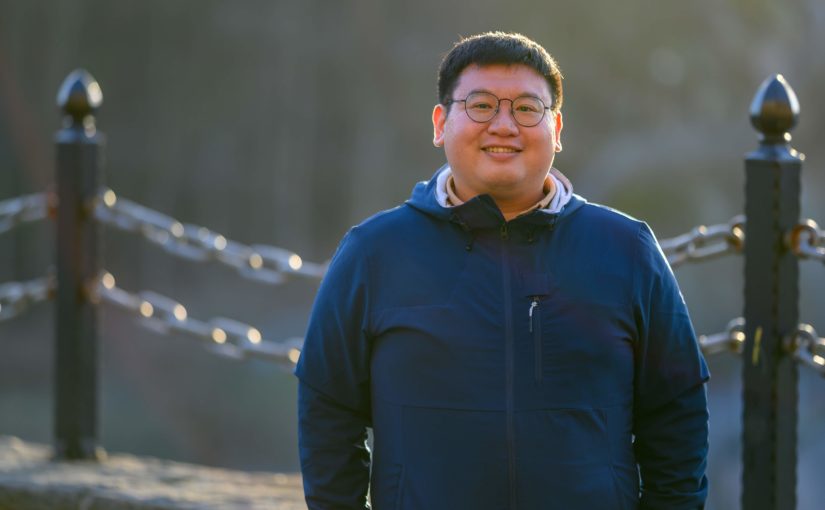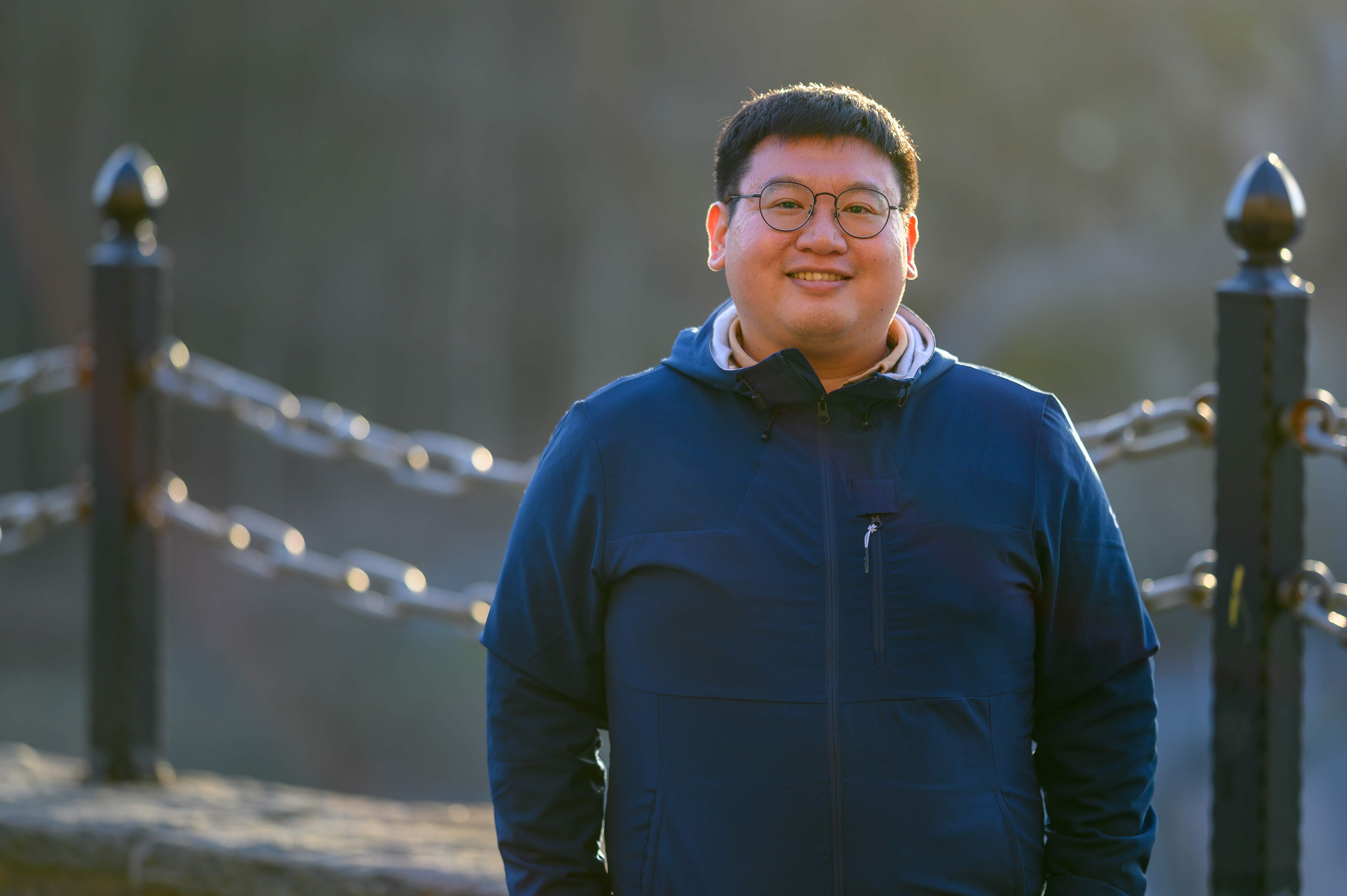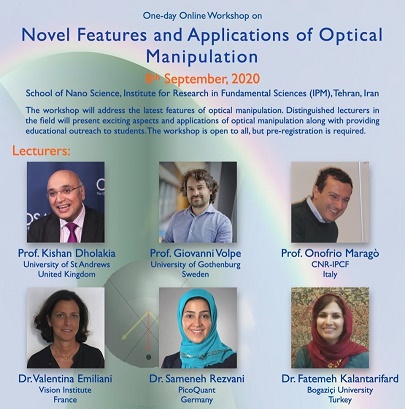Quantitative Digital Microscopy with Deep Learning
Giovanni Volpe
22 October 2020, 14:00 CEST
Invited Seminar (Online) at Disruptive & Sustainable Technologies for Agricultural Precision (DiSTAP), Singapore-MIT Alliance for Research and Technology (SMART) Centre, Singapore & Boston (MA)
Abstract: Video microscopy has a long history of providing insights and breakthroughs for a broad range of disciplines, from physics to biology. Image analysis to extract quantitative information from video microscopy data has traditionally relied on algorithmic approaches, which are often difficult to implement, time consuming, and computationally expensive. Recently, alternative data-driven approaches using deep learning have greatly improved quantitative digital microscopy, potentially offering automatized, accurate, and fast image analysis. However, the combination of deep learning and video microscopy remains underutilized primarily due to the steep learning curve involved in developing custom deep-learning solutions. To overcome this issue, we introduce a software, DeepTrack 2.0, to design, train and validate deep-learning solutions for digital microscopy. We use it to exemplify how deep learning can be employed for a broad range of applications, from particle localization, tracking and characterization to cell counting and classification. Thanks to its user-friendly graphical interface, DeepTrack 2.0 can be easily customized for user-specific applications, and, thanks to its open-source object-oriented programming, it can be easily expanded to add features and functionalities, potentially introducing deep-learning-enhanced video microscopy to a far wider audience.
References:
Benjamin Midtvedt, Saga Helgadottir, Aykut Argun, Jesús Pineda, Daniel Midtvedt, Giovanni Volpe, “Quantitative Digital Microscopy with Deep Learning”, arXiv:2010.08260 (2020)
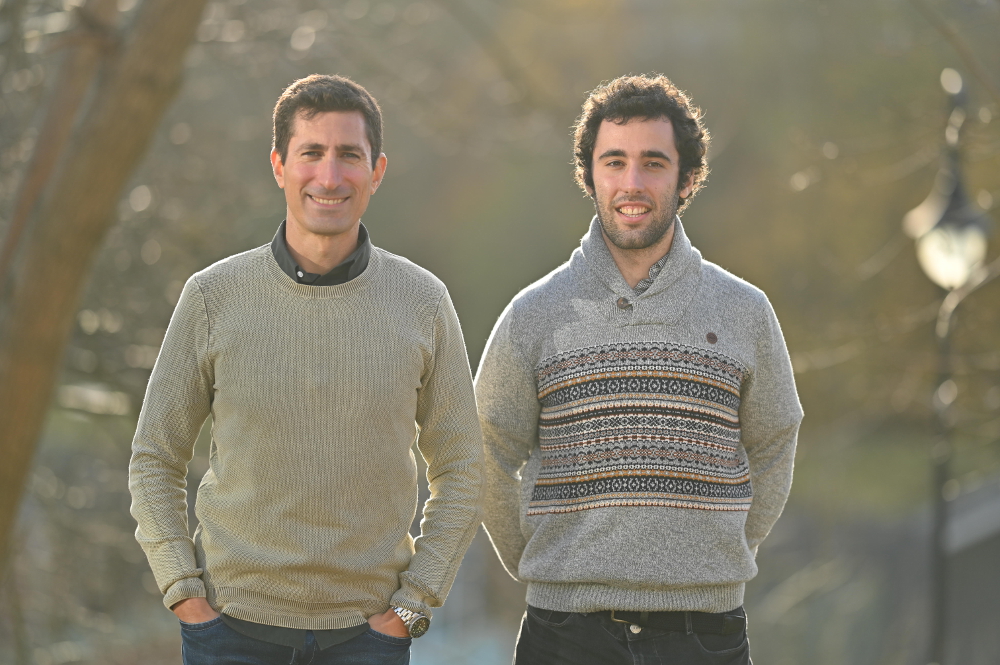 Alessandro Magazzù and David Bronte Ciriza are visiting the Soft Matter Lab from 2 to 9 November 2020.
Alessandro Magazzù and David Bronte Ciriza are visiting the Soft Matter Lab from 2 to 9 November 2020.